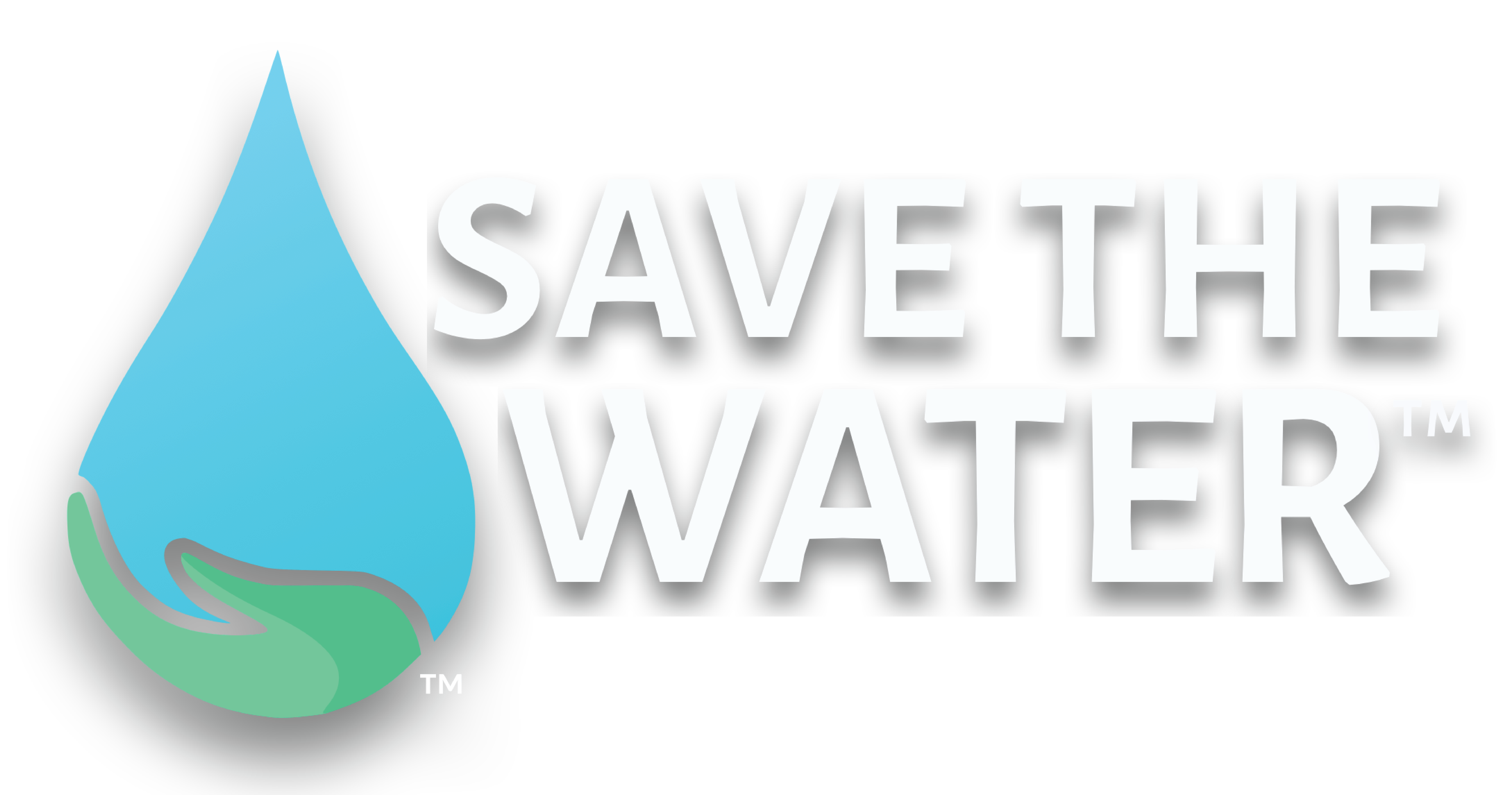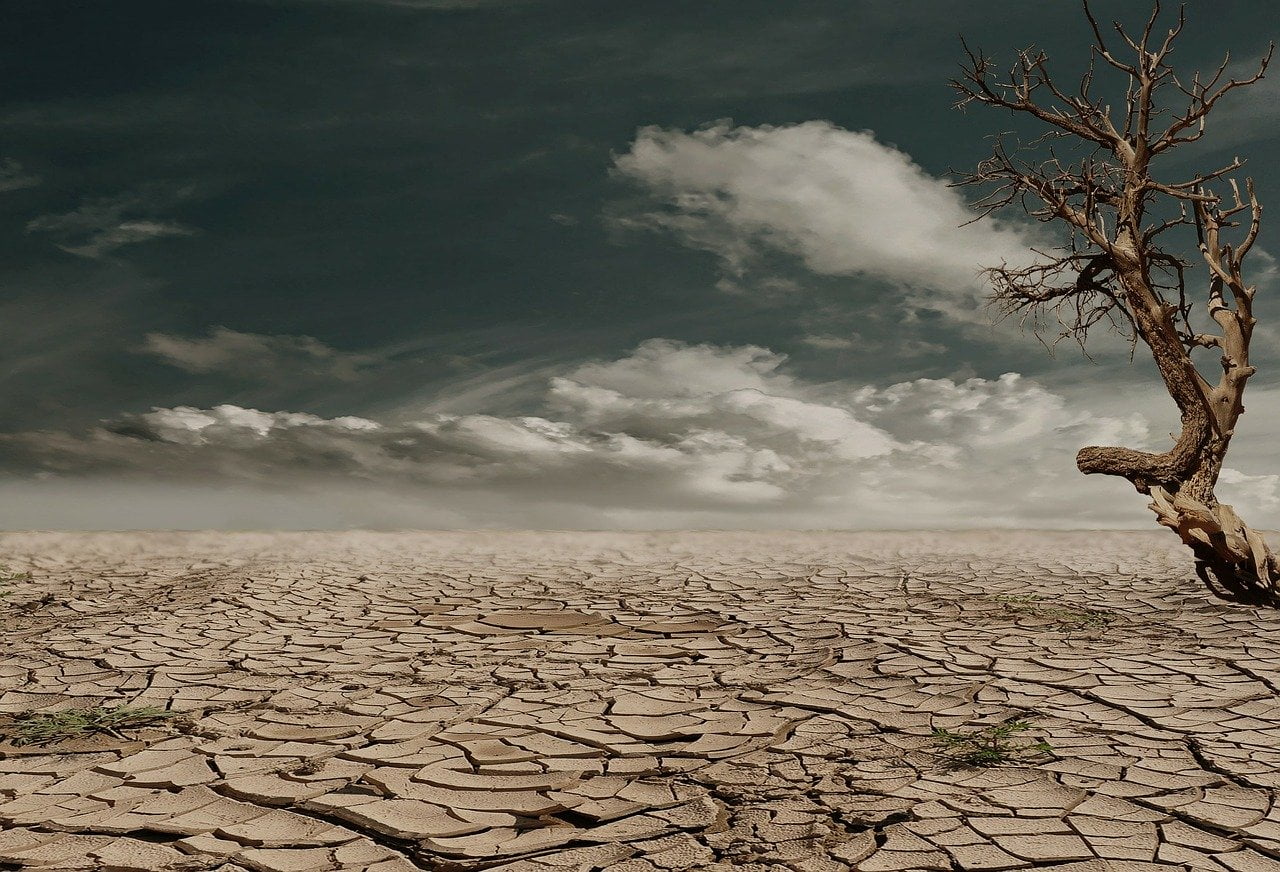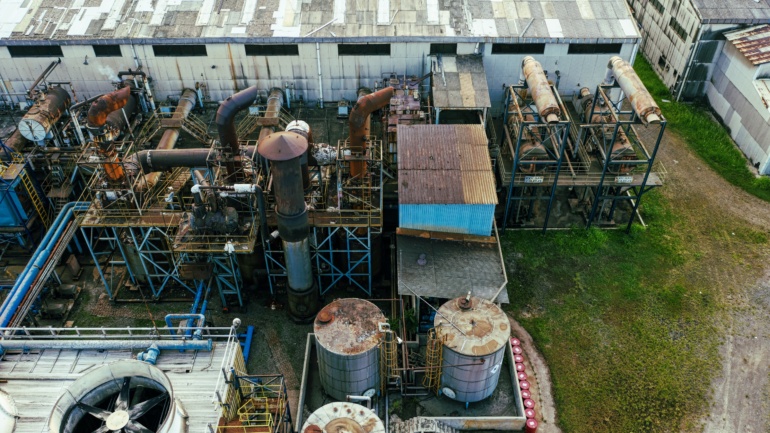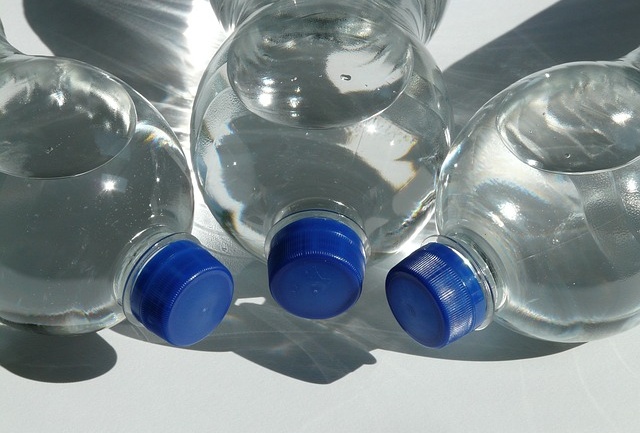Image by _Marion from Pixabay (No endorsement)
What are the causes of the global water crisis?
- Growing population
- industrialization
- drought
- growing demand
One sixth of the world’s population does not have access to clean drinking water. In addition, more than 2 million people, most of them children, die each year from water-borne diseases.
For example, people in developing countries, where millions don’t have access to clean drinking water, fill buckets from a supply pipeline. Water-related problems aren’t restricted to the developing world. Although many European countries banned a harmful pesticide, which kills bees and is harmful to humans, people use it widely in the United States, where it runs into rivers and streams.
Many factors have created a looming global water crisis that threatens the long-term survival of the human race. These factors include drought and an increasing water demand.
Desalination: A Solution?
Some nations are counting on controversial technology, such as desalination to convert seawater into freshwater to meet future water needs. Meanwhile, water has become a commodity that supports a $400 billion global industry — the third largest behind electricity and oil.
But desalination isn’t sustainable. Because we remove the salt from the water for human uses, we return the removed salt brine to the ocean where it eventually will change the salinity concentration of the oceans. This chain of events will affect all life.
Water is Life
Countries respond to the global water crisis by battling for the right to have access to life sustaining water. If you ask the question, who owns water? The answer is nobody. Water belongs to everybody. Humans and animals must have it every day to survive. Water belongs to all species. It belongs to the earth and to future generations. Every human and animal has the right to water. Water can’t be denied to anyone just because they don’t have the means to pay for it.
The demand for fresh water over the next 30 years is outgrowing the supply. The water is somewhere on our planet. But we have polluted it, diverted its natural course, and allowed it to get contaminated by seawater. One way or another, we have taken accessible clean water and rendered it unfit for human consumption. We take massive amounts of water and irrigate the desert, where it evaporates. We’re pumping groundwater faster that it can be replenished by nature. As a result, we’re are running out of fresh, clean water everywhere in the world, including here in North America.
Future of Water
Today, private corporations noticing a growing demand and a decreasing supply understand that the riches and power in the future are not about supplying oil, but supplying water and whoever grabs water rights becomes very important and indispensable. These corporations know they can make more money by distributing water than any other product on earth. All these changes mean one thing for the poor of the world water; life is going to become more expensive and less accessible.
The conflicts will increase as the powerful countries seek new sources of water outside their borders. These conflicts extend outside of our needs, economics, and nature when we take more than our fair share.
Recycling, Conservation, and Protection
Recycling, conservation, and protection form the foundation of a water-secure future for the earth. There is no future on the earth unless we do something about it now. As people, we spend billions of dollars cleaning the water after we contaminate it. Instead, we should protect the water from pollution in the first place. It will take the will of world leaders, states, and cities as well as the education of individuals across the globe to get serious about the crisis and to stop water pollution. And that’s how we make a real change for a sustainable water future.





